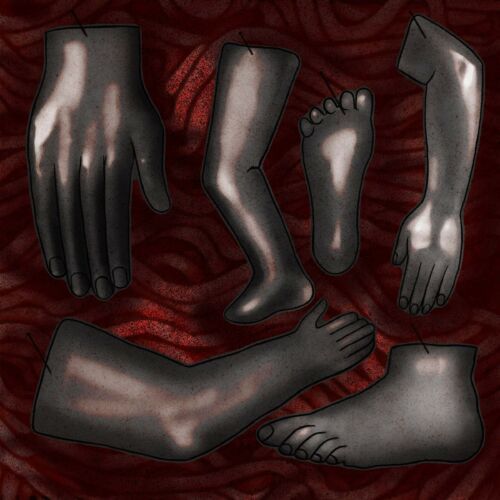2022 in Latin America and the controversial Maduro figurehead
In 2022 in Latin America, a political turn to the left was evident in what some experts called a new “pink wave”. Left-wing presidents Gustavo Petro and Luiz Inácio Lula da Silva assumed governments in Colombia and Brazil, respectively. President Pedro Castillo tried to dissolve Congress in Peru but was indicted and put behind bars. Chileans rejected in a referendum a draft new constitution that was intended to replace the Act from General Pinochet’s dictatorship. Meanwhile, Haiti’s humanitarian and institutional crisis deepened, and El Salvador was accused of human rights violations in a crackdown on gangs. Meanwhile, in 2022 in Mexico, at least 15 media workers were killed – it is the deadliest year for journalists in three decades.
The Venezuelan opposition supported dissolving the “interim government” led by Juan Guaidó and set up a committee to oversee the upcoming presidential primaries. Guaidó was recognized as the legitimate leader of Venezuela by the US and some countries in Europe and Latin America, but he failed to overthrow socialist President Nicolás Maduro.
The Venezuelan government has distributed 13 million Christmas presents to the country’s poorest children. For the first time, children also received figurines of a man in red leg warmers and a blue cape, who fights against the opposition and the American “empire” and looks like President Nicolás Maduro. Critics of the government say it is an attempt to indoctrinate children as Venezuela struggles to recover from years of recession, food shortages and hyperinflation under Maduro.


























